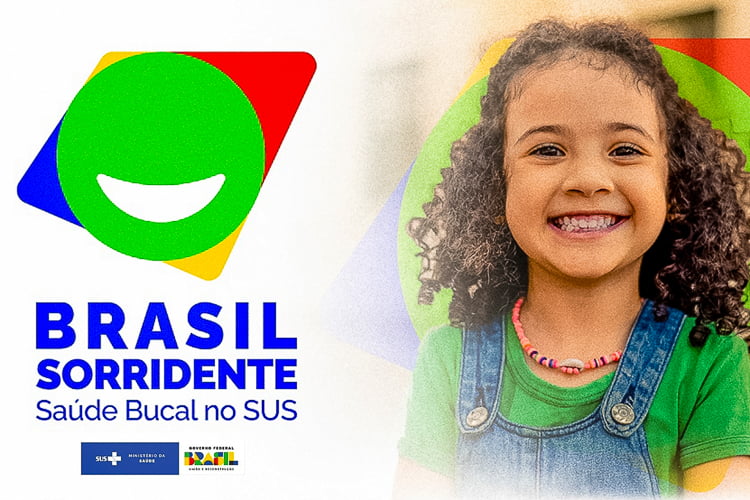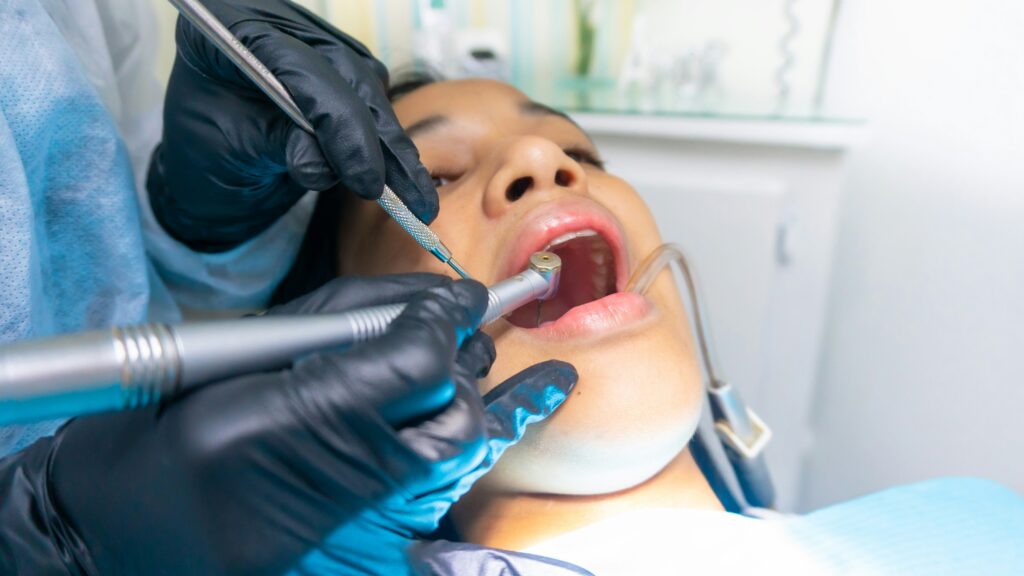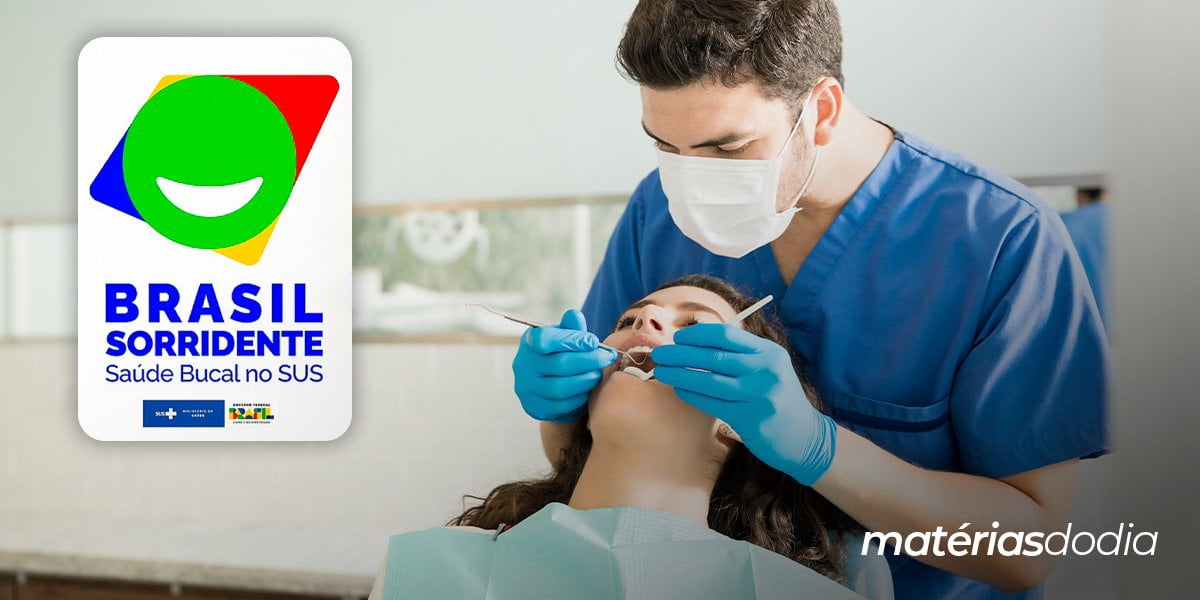Brasil Sorridente is an initiative of the Ministry of Health that seeks to improve the oral health of the Brazilian population. Through the National Oral Health Policy, the program offers free dental services through the SUS in several health care units and centers.
The program changed the reality of the population's access to dental treatment, promoting actions to promote, prevent and restore oral health through the Unified Health System (SUS).
This program is part of the National Oral Health Policy and represents one of the largest public oral health programs in the world. Continue reading to find out more information.
The Smiling Brazil Program

The Brasil Sorridente Program is an initiative of the Unified Health System (SUS) whose objective is to promote the oral health of the Brazilian population. It was created in 2004 and since then has been expanding the range of dental services in the country.
Objectives and structure
The Brasil Sorridente Program's main objective is to reduce inequalities and guarantee the population's access to oral health services, through the expansion and qualification of the SUS dental service network.
To integrate oral health as an essential part of health, the program involves the participation of various professionals in the field, such as dentists, technicians, oral health assistants, etc.
In addition, the program also includes the creation of Dental Specialty Centers (CEO) and the integration of educational programs to promote oral health among children and adolescents, encouraging healthy habits from an early age.
Access and treatment
The Brazilian population, through the Unified Health System (SUS), can receive free dental treatment. To gain access to the services, you must follow the steps:
- Look for a health unit closest to your home and schedule an appointment;
- Bring personal documents such as ID and CPF, in addition to your SUS card;
- Carry out the assessment with the professional. Here, he will diagnose your dental needs and, based on this assessment, the type of treatment needed will be determined.
After the assessment, if you need any basic treatment, many of them can be carried out directly in these basic health units. However, depending on the level of treatment, you will be referred to one of the Dental Specialty Centers (CEO) or another specialized service within the SUS network.
Regional Dental Prosthesis Laboratories (LRPD)
The Regional Dental Prosthesis Laboratories (LRPD) are units developed to expand access to oral rehabilitation services through the manufacture and supply of dental prostheses to the population that needs this type of care in the Unified Health System (SUS).
Health education and prevention
Education and prevention in oral health is one of the actions of Brasil Sorridente that aims to raise awareness among the Brazilian population about the importance of oral health, highlighting the need for effective public policies and continuing education programs for all ages.
Lectures, workshops, educational materials, etc. are offered, which promote the adoption of healthy habits, such as a balanced diet and limiting the consumption of sugars and acids, in addition to encouraging people to go to the dentist for check-ups, facilitating early detection and treatment of oral problems.
School Health Program
The Health at School Program (PSE) is an initiative of the Federal Government, together with a partnership between the Ministries of Health and Education that aims to promote and control possible diseases, in addition to integrating educational practices into the school environment and contributing to reducing dropout rates. school related to health issues.
Despite its importance, the PSE faces challenges such as the need for greater integration between the health and education sectors, the adaptation of actions to local realities and the long-term sustainability of initiatives.
Impact and development

Brasil Sorridente has a significant impact on the lives of Brazilians. Since its implementation in 2004, there has been a significant improvement in the quality of oral health services, as well as in the country's social development and public health.
The program managed to reduce cases of cavities among children and adults, thanks to the implementation of preventive measures, such as water fluoridation and the provision of oral hygiene kits.
Furthermore, it increased the population's access to dental services through the creation of Dental Specialty Centers (CEO) and certainly brought a better quality of life for the population.
Conclusion
The Brasil Sorridente Program was developed to facilitate access for the Brazilian population to professional health and oral hygiene services. It offers everything from basic treatments to more complex procedures, such as surgery and the placement of prostheses.
The arrival of Brasil Sorridente represents a significant advance in the country's public health, highlighting the importance of the general health and well-being of each person. It is worth mentioning that these services are a right for all citizens and are offered free of charge.




